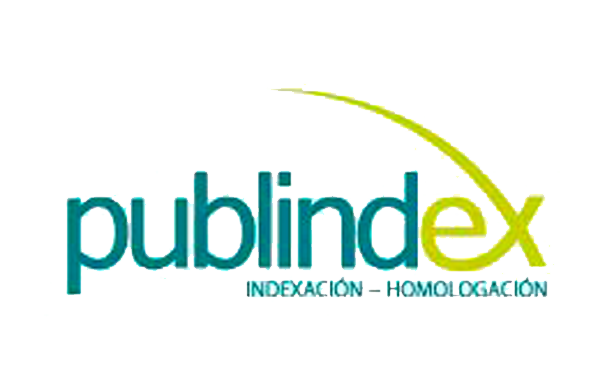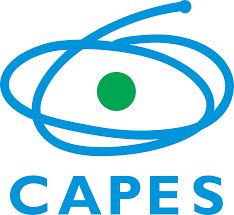Evidentiary Reasoning and Artificial Intelligence in the Assessment of the Judicial Proof
Copyright (c) 2022 Opinión Jurídica

This work is licensed under a Creative Commons Attribution-NonCommercial-NoDerivatives 4.0 International License.
- Articles
- Submitted: January 5, 2022
-
Published: December 6, 2022
Abstract
This article shows a structured process through the use of the “Intelligent Judge” expert system, to assist judges in the construction of inferences or evidentiary arguments based on the evidence, facts, and hypotheses or allegations that are considered in the stages of evidentiary activity in the judicial process. The analytical-synthetic method is used in the construction of these inferences or evidential arguments. The aforementioned process integrates, in a synergic way, the reasoning and the experience of the human judge with the precision and speed of artificial intelligence for the production of the judgement that decides the judicial process.
References
- Cohen, L. J. (2017). Lo probable y lo demostrable (O. Vargas, ed. & C. Ruiz, trad.) Ed. 1 Vol. 1. Orión Vargas.
- Cohen, L. J. (2021). Un ensayo sobre la creencia y la aceptación (O. Vargas, ed. & C. Ruiz, trad.) Ed. 1 Vol. 1. Orión Vargas.
- Jaramillo, A., & Vargas, O. (2020, 18th December). Prueba e inferencia. Una reflexión. Ámbito Jurídico, 6. https://www.ambitojuridico.com/noticias/penal/penal/prueba-e-inferencia-una-reflexion
- Jaramillo, A. F., Mosquera, L. E. & Jaramillo, M. L. (2021). La inferencia razonable como estándar de prueba en materia penal en Colombia [Master’s Thesis, Universidad Autónoma Latinoamericana]. Repositorio Institucional UNAULA. http://repository.unaula.edu.co:8080/handle/123456789/1566
- Schum, D. A. (2016). Los fundamentos probatorios del razonamiento probabilístico (O. Vargas, trad.) Ed. 1, Vol 1. Orión Vargas.
- Tecuci, G., Marcu, D., Boicu, M. & Schum, D. A. (2016). Knowledge engineering : building cognitive assistants for evidence-based reasoning. Cambridge University Press.
- Tecuci, G., Schum, D. A., Marcu, D., & Boicu, M. (2016). Intelligence analysis as discovery of evidence, hypotheses, and arguments : connecting the dots. Cambridge University Press.
- Vargas, O. (2019). El razonamiento inductivo en la valoración de la prueba judicial. Ediciones Universidad de Salamanca.
- Vargas, O. (2021). Teoría de la prueba con énfasis en razonamiento probatorio [curso]. Universidad de Medellín. https://uvirtualabierta.udem.edu.co/course/view.php?id=14
- Vargas, O., Hincapié, J., Sepúlveda, L. & Pabón, L. (2021). Juez Inteligente. Sistema experto que asiste al juez en la valoración de la prueba judicial [proyecto de investigación, Universidad de Medellín]. https://investigaciones-pure.udem.edu.co/es/projects/el-juez-inteligente-modelaci%C3%B3n-de-unagente-cognitivo-sistema-exp
- Wigmore, J. H. (1937). The science of judicial proof, as given by logic, psychology, and general experience, and illustrated in judicial trials. Little, Brown.
- Zadeh, L. A. (1983). The role of fuzzy logic in the management of uncertainty in expert systems. Fuzzy Sets Syst., 11(1), 199–227.
- Zadeh, L . A., & Yager, R. R. (1987). Fuzzy sets and applications : selected papers by L.A. Zadeh. Wiley.















